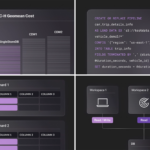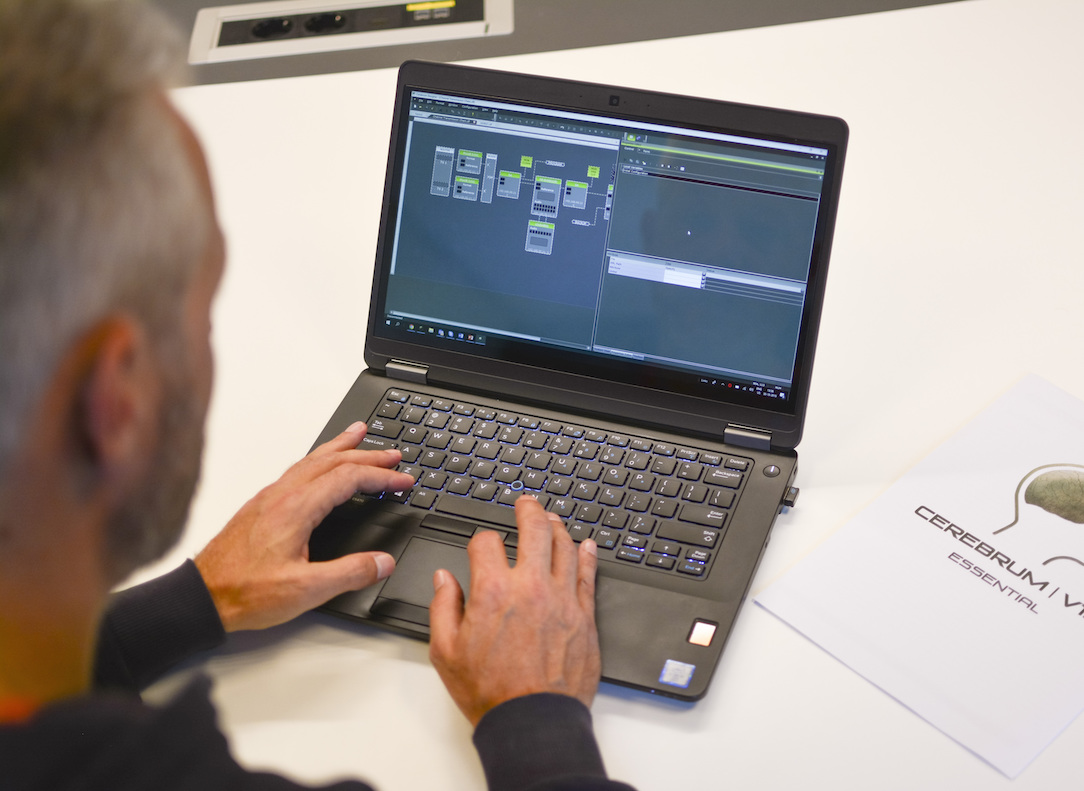The forced cancellation of live sports and other events in 2020 has led to a new reality for broadcasters as they attempt to deliver the best programming for viewers and remain competitive in a rapidly changing market. Production engineers now find themselves under additional pressure to adapt their workflows and processes and rethink the way they deliver live events. In order to better understand these new evolutions, EVS has surveyed customers across North America and Europe, and has identified several key trends and challenges that are emerging for 2021.
According to customer feedback, the top three issues facing production crews going forward are “managing increasingly complex and ambitious workflows,” “delivering more value with less spend on equipment,” and “improving productivity.” These insights highlight the need to adapt workflows to meet internal and external expectations. Interestingly, customers no longer appear to be worried about working with remote team members, proving the resilience of the industry in adapting to this new landscape and also suggesting that remote working isn’t as daunting as many feared.
In terms of future developments, many are already taking steps to prepare themselves for new ways of working. This is being driven by industry trends such as an increasing focus on the aforementioned remote working and the ongoing transition to remote IP-based workflows. This dynamic is positioning production engineers at the forefront when it comes to evolving working processes and practices in order to deliver secure and reliable live productions in the new normal.
The absence of physical trade shows like IBC and NAB this year has forced many to look for training and virtual events to help them refine their skills and better understand new complex live production workflows. EVS has moved to provide a range of programmes designed to support production engineers and recognise the vital role they play. According to the company, close to 1,200 industry professionals have already signed up to the EVS Cerebrum GO online training course, which was made available at the start of lockdown in April.
Consisting of 18 video tutorials, and finishing with an exam and an official certification, the on-demand course teaches operators how to prepare and run complex workflows with absolute ease using the EVS Cerebrum broadcast control and monitoring system. Those engineers who complete the course will optionally also be added to a centralized database of certified EVS Cerebrum engineers.
EVS is also publicly sharing innovative designs for workflows, panels and GUI interfaces put forward by production engineers from around the world. The Workflow Genius Wall of Fame is available to view on the EVS website, and additional designs can also be uploaded from there.
“Producing live events safely and reliably has never been so challenging,” said Nestor Amaya, VP Solutions Architect, The Americas, at EVS. “As we navigate this pandemic, production engineers need a simple way of working remotely, without sacrificing their ability to easily control and monitor all of their devices from different vendors. Many have had to perform heroics throughout 2020, and as we look ahead to next year, it’s vital that they are supported with a control system that enables them to perform without the need for acrobatics in this new normal.”
“With technology evolving so quickly and opportunities to meet with industry peers being few and far between, regular training has become essential,” added Ian Hollamby, Head of R&D UK at EVS. “This is the ideal time for production engineers to further develop their skills and expertise, which is why we are temporarily waiving the course fee for EVS Cerebrum GO. And with our database of certified EVS Cerebrum engineers, broadcasters can be confident that they have the right person in place to prepare and run complex workflows with ease.”





